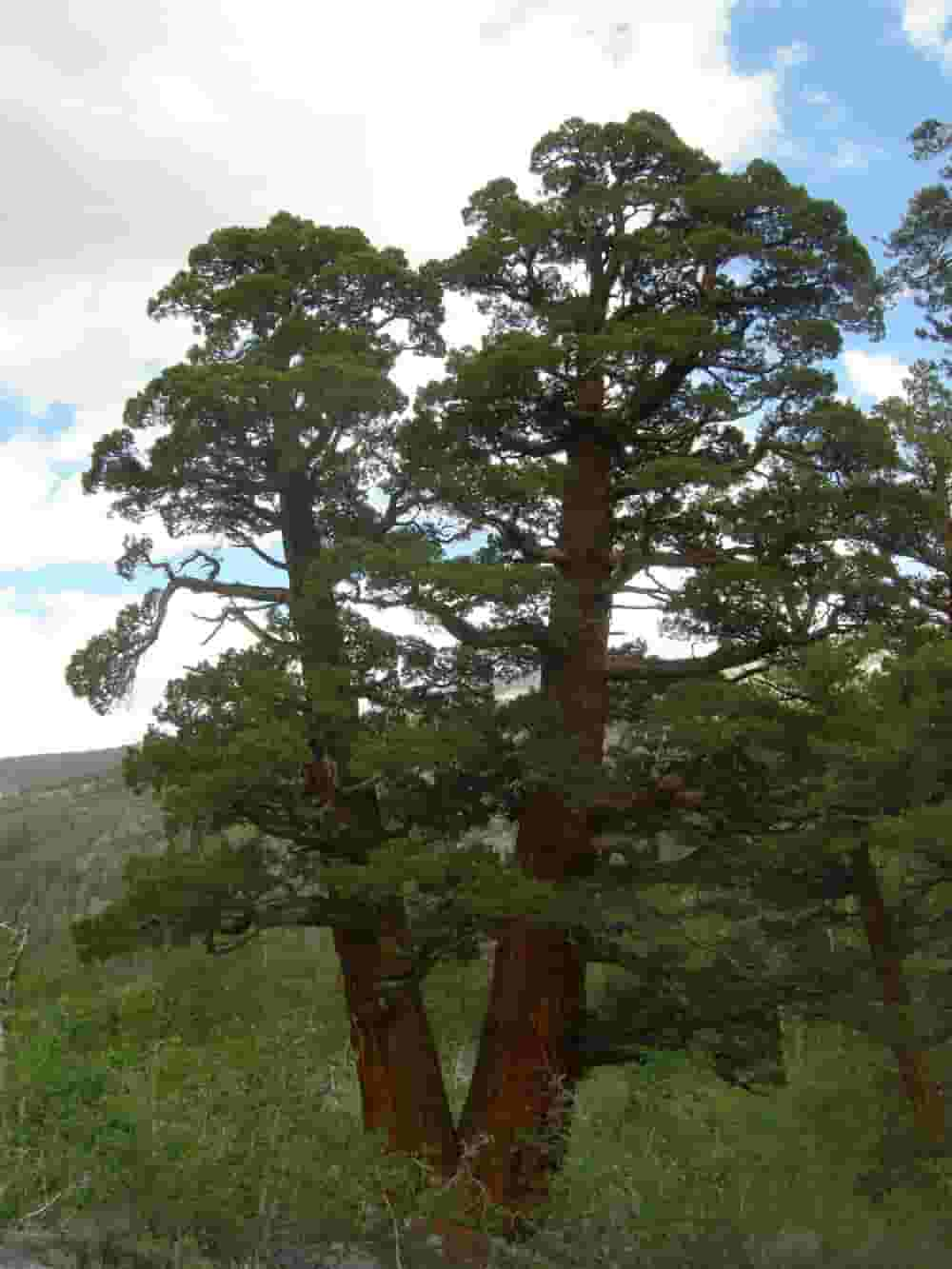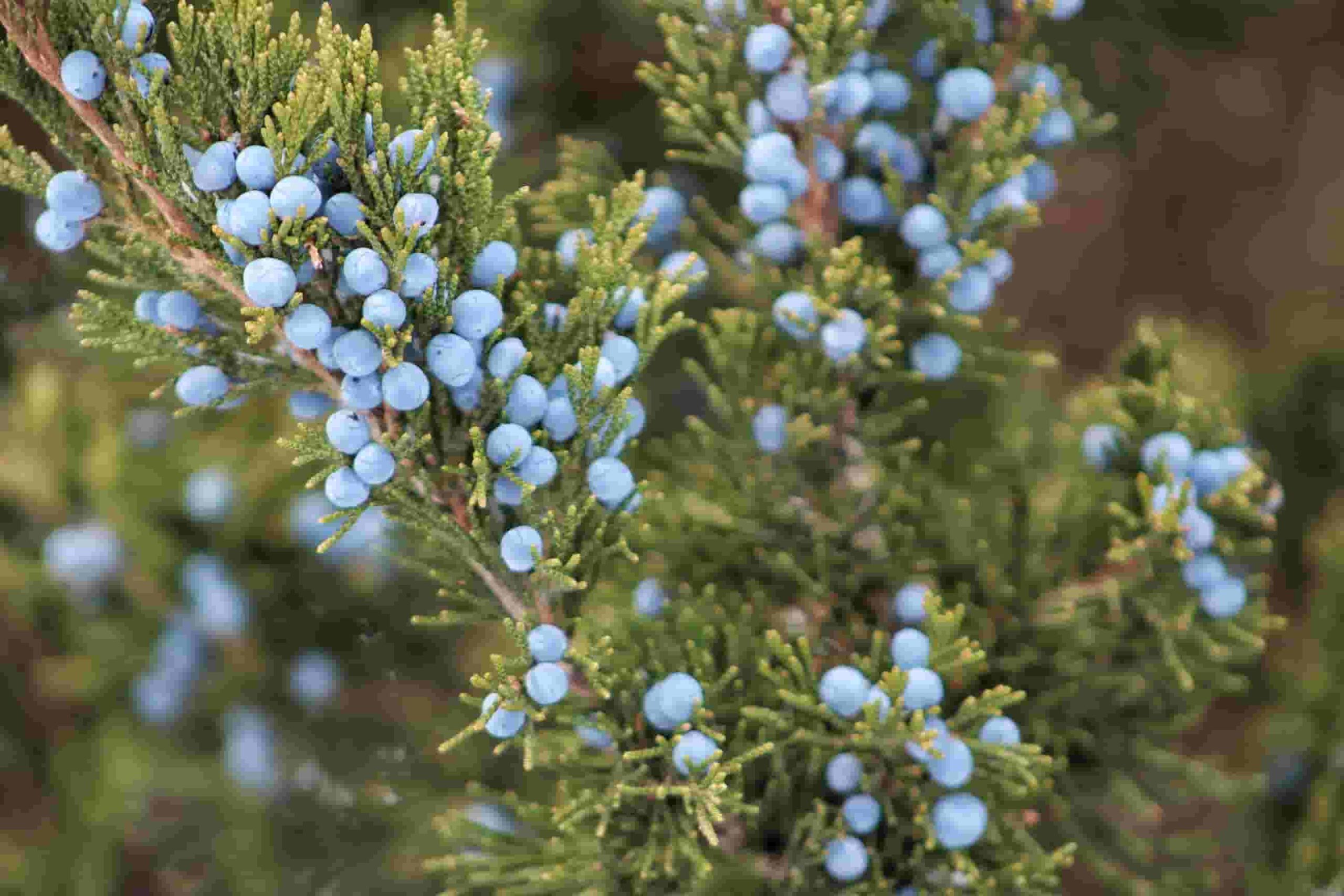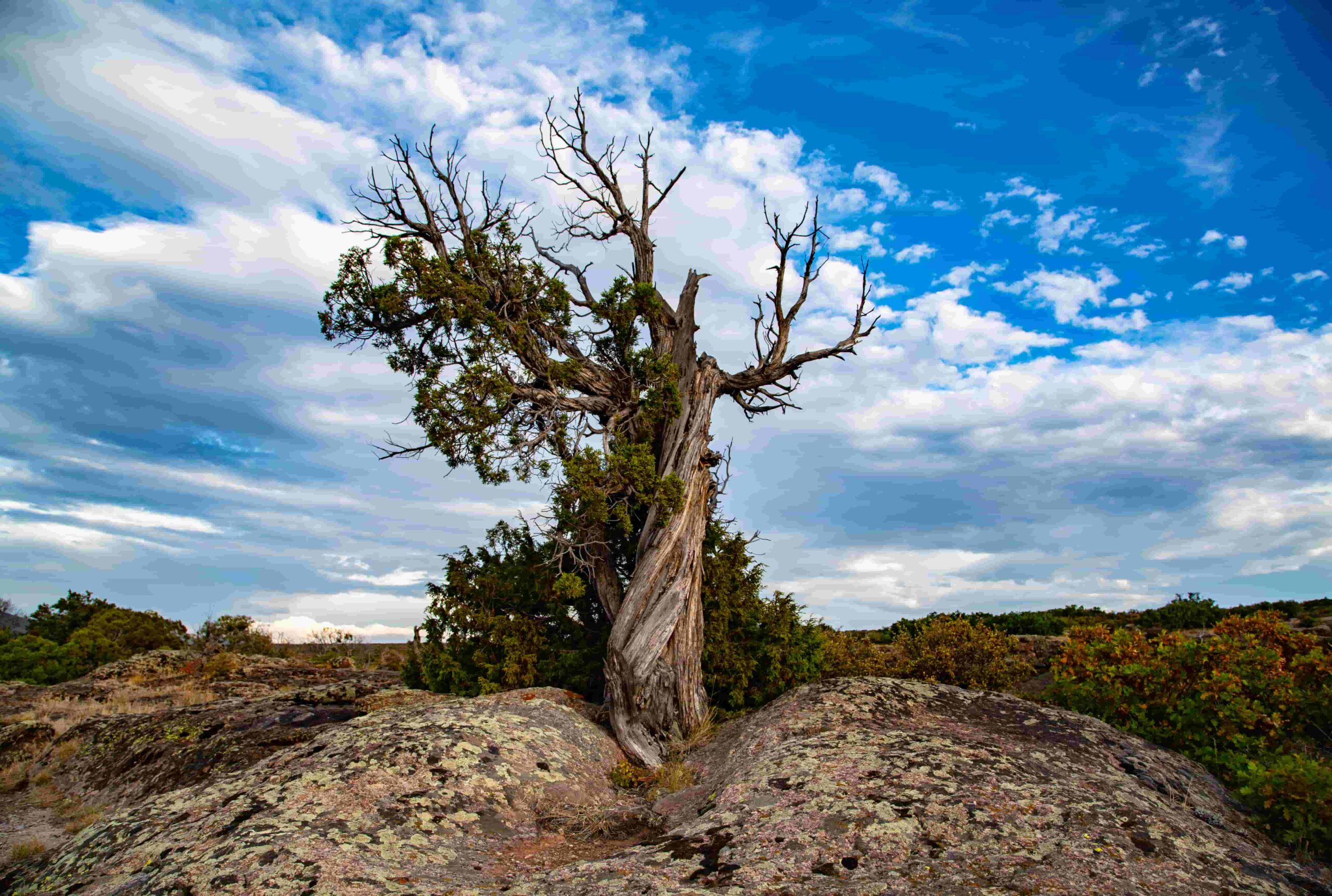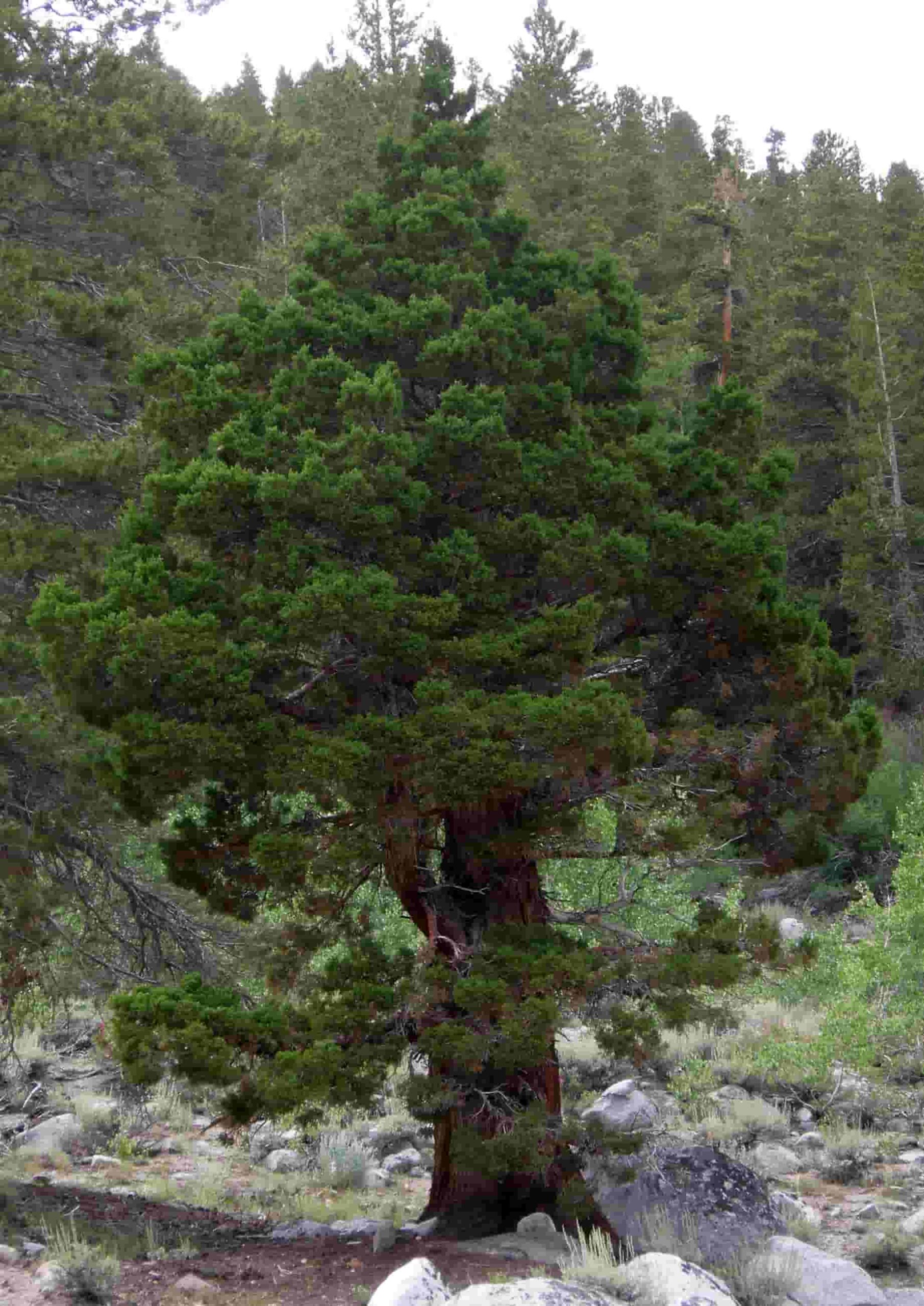परिचय
The juniper tree, scientifically known as Juniperus, is an iconic evergreen tree that holds great significance in various cultures around the world. With its unique appearance, aromatic fragrance, and diverse uses, the juniper tree has captivated human imagination for centuries. The fascinating qualities of the juniper tree, including its traits, symbolism, historical importance, and ecological influence, will be discussed in this article. Join us on this journey to discover the hidden wonders of this remarkable tree.
विषयसूची
- परिचय
- Understanding the Juniper Tree
- The Significance of Juniper in Different Cultures
- Historical Uses of Juniper
- Juniper as a Medicinal Plant
- Ecological Importance of Juniper
- Caring for Juniper Trees
- Landscaping with Juniper
- Juniper Crafts and Products
- The Juniper Berry: A Culinary Delight
- Juniper Essential Oil: Fragrance and Therapeutic Benefits
- Juniper in Mythology and Folklore
- Juniper Tree Varieties
- Conservation Efforts for Juniper
- Juniper: A Tree of Resilience
- निष्कर्ष
- पूछे जाने वाले प्रश्न
Understanding the Juniper Tree

The juniper tree is an evergreen coniferous tree that belongs to the cypress family. It is known for its distinctive appearance, featuring needle-like leaves and small, fleshy cones. This tree has come to represent strength and perseverance due to its capacity to survive in a variety of severe environments and climates.
The Significance of Juniper in Different Cultures
Throughout history, the juniper tree has held great significance in various cultures worldwide. From Native American tribes to ancient European civilizations, the juniper tree has been revered for its spiritual, medicinal, and protective qualities. Its branches have been used in rituals and ceremonies, believed to ward off negative energy and evil spirits.
Historical Uses of Juniper
The juniper tree has a long history of practical uses. Its wood is widely prized for its resilience to decay and durability, making it perfect for use in construction and furniture production. In many cultures, juniper wood was used to craft intricate carvings and household items. The tree’s strong and fragrant wood has also been employed in the production of musical instruments.
Juniper as a Medicinal Plant
Juniper has been widely used in traditional medicine for centuries. The tree’s berries, leaves, and essential oil possess numerous health benefits. They are known for their antibacterial, antifungal, and antioxidant properties. Juniper-based remedies have been used to treat ailments such as indigestion, respiratory problems, and skin conditions.
Ecological Importance of Juniper

Juniper trees play a vital role in various ecosystems. Numerous animal species can find shelter and nourishment there. Small creatures and breeding birds might find protection in the tree’s thick leaves. In addition, during the winter when other food is in short supply, juniper berries are an essential food source for birds. The juniper tree’s roots assist stabilize delicate environments by reducing soil erosion.
Caring for Juniper Trees
To ensure the health and longevity of juniper trees, proper care is essential. Junipers thrive in well-drained soil and require regular watering, especially during dry periods. Pruning is necessary to maintain their desired shape and prevent overcrowding. Additionally, junipers should be protected from common pests and diseases through regular inspections and appropriate treatments.
Landscaping with Juniper
Juniper trees are widely used in landscaping due to their versatility and aesthetic appeal. They can be planted as standalone specimens, creating focal points in gardens and parks. Additionally, juniper shrubs are often used for hedges and borders, adding texture and color to outdoor spaces. With their various sizes and shapes, junipers offer endless possibilities for creative landscaping designs.
Juniper Crafts and Products
The unique properties of juniper wood and branches make them ideal for crafting a wide range of products. From decorative items like sculptures and picture frames to functional objects like bowls and coasters, juniper crafts showcase the natural beauty of the tree. Juniper branches are also commonly used in wreaths and garlands for festive decorations.
The Juniper Berry: A Culinary Delight

Juniper berries, with their distinctive flavor profile, have long been used in culinary traditions around the world. They add a unique touch to dishes, particularly in game meats, sauces, and marinades. Juniper berries are a key ingredient in the production of gin, contributing to its characteristic aroma and taste.
Juniper Essential Oil: Fragrance and Therapeutic Benefits
Juniper essential oil is highly valued for its aromatic properties and therapeutic benefits. It is known for its calming and purifying effects, making it a popular choice in aromatherapy. The oil is also used in skincare products for its ability to cleanse and rejuvenate the skin.
Juniper in Mythology and Folklore
The juniper tree holds a significant place in mythology and folklore across different cultures. It is often associated with protection, purification, and spiritual healing. In some traditions, juniper branches were used in rituals to attract good luck and repel negativity. The tree’s enduring presence in myths reflects the deep reverence humans have had for it throughout history.
Juniper Tree Varieties
There are numerous juniper tree varieties, each with its unique characteristics and growth habits. From tall trees with sweeping branches to low-growing shrubs, juniper varieties offer a wide range of options for different landscapes and gardening preferences. Some popular varieties include Juniperus virginiana, Juniperus chinensis, and Juniperus communis.
Conservation Efforts for Juniper
Due to habitat loss and other environmental factors, some juniper species face the risk of decline. Conservation organizations and government agencies are working to protect and restore juniper habitats, ensuring the survival of these valuable trees. Efforts include reforestation initiatives, the establishment of protected areas, and raising awareness about the ecological importance of junipers.
Juniper: A Tree of Resilience

The juniper tree’s ability to thrive in harsh conditions and its symbolic significance as a tree of resilience make it an inspiration to many. Its evergreen foliage and strong presence remind us of the importance of adaptability and perseverance in the face of challenges. The juniper tree stands tall as a testament to nature’s enduring spirit.
निष्कर्ष
In conclusion, the juniper tree is a remarkable and cherished member of the plant kingdom. Its beauty, practical uses, and cultural significance have made it an integral part of human history. From its medicinal properties to its ecological contributions, the juniper tree continues to captivate and benefit us in various ways. As we appreciate its splendor, let us also strive to protect and preserve this magnificent tree for future generations to enjoy.
पूछे जाने वाले प्रश्न
Are all juniper trees evergreen?
No, while most juniper trees are evergreen, there are a few species that display deciduous characteristics.
Can I grow a juniper tree in a container?
Yes, certain juniper varieties can be grown in containers and make excellent additions to patios or balconies.
Are juniper berries edible?
Yes, juniper berries are edible, but they are often used in small quantities as a flavoring agent rather than consumed in large quantities.
Can juniper essential oil be used internally?
Juniper essential oil should not be ingested without the guidance of a qualified aromatherapist or healthcare professional.
Are juniper trees resistant to pests and diseases?
Juniper trees are generally hardy and resistant to many common pests and diseases, but they may still be susceptible to certain issues like spider mites or fungal infections.

